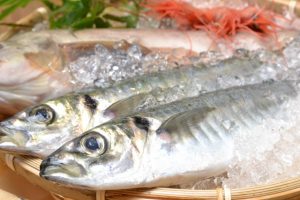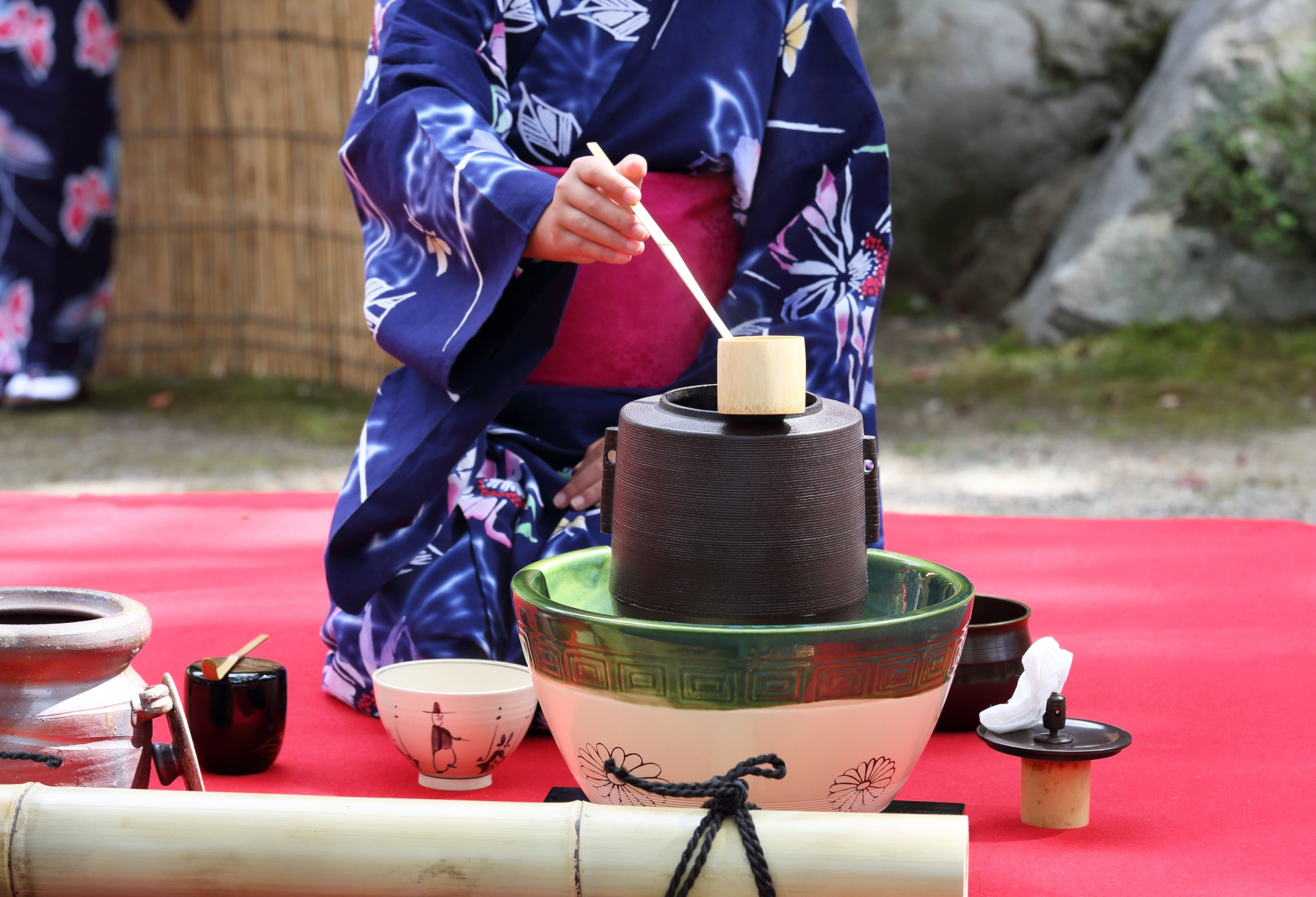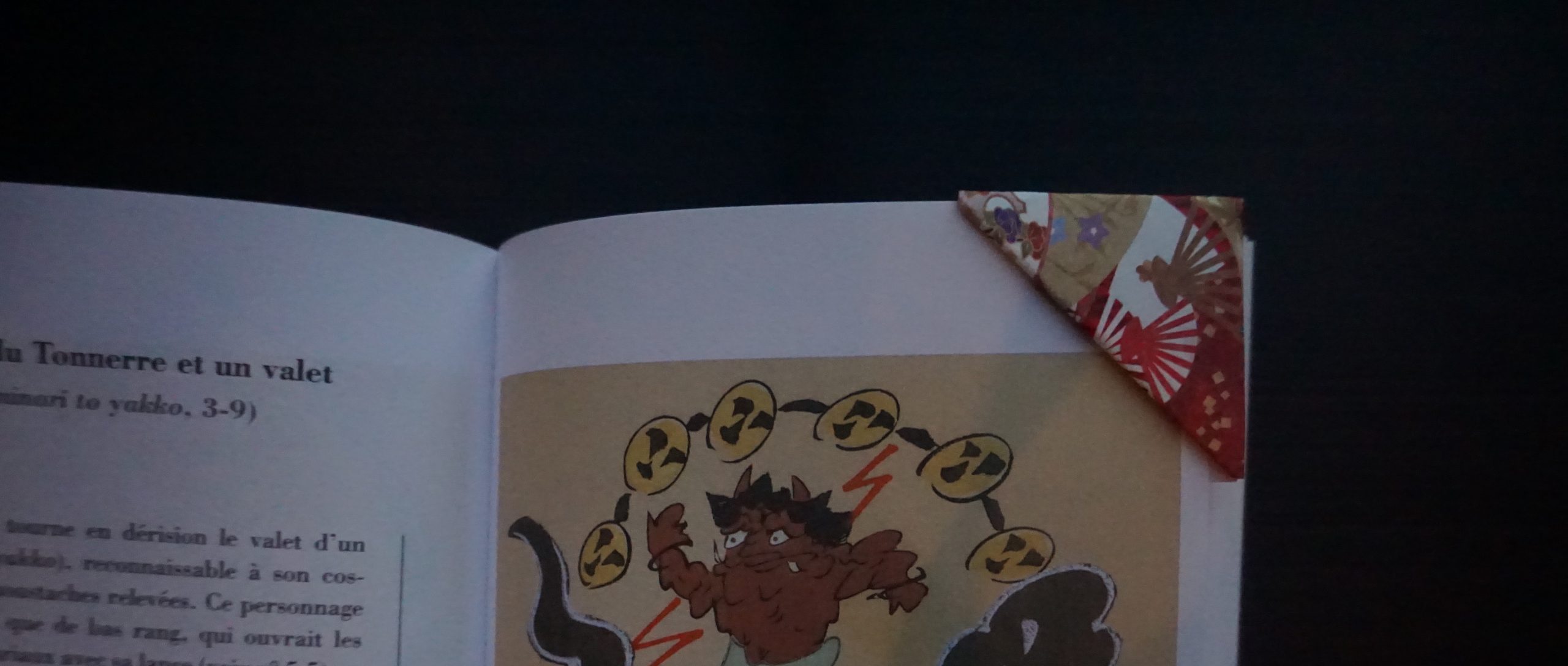Guests and Fish

****************************************************************
Contents
- “Guests and Fish”: The Japanese original text
- “Guests and Fish”: The English translation
- Notes on useful expressions
****************************************************************
1. “Guests and Fish”: The Japanese original text
客と魚は
八十を過ぎた母が日本にいるので、年に一度帰省することにしています[See Note 1]。日本にいる時は、できるだけ[2]、母の家に泊まります。
今回は、1月に行こうと思いました。
でも[3]、夫は行かないで働きます。それなのに[4]、私だけ遊びにいくのは、ちょっと悪い[5]気がします。それで[6]、足掛け[7]11日の短い予定を立てました。移動の時間が長いので、家族と一緒に過ごせるのは八日間だけ。
夫は、「たった[8]八日でいいの? もっと長くいたら[9]?」と言ってくれました[10]。
ところが[11]、メールで相談すると[12]妹は、「八日? それで十分でしょう。『客と魚は』って言う[13]し‥‥[14]」
何だか [15]、向こうでもこちらでも自分はいなくていい[16]と言われている[17]ような気がしましたが、それはともかく[18]、「客と魚は」の意味がよくわかりませんでした。どうも[19]ことわざか格言らしい[19]。
妹は日本や韓国や中国や世界の格言が大好きで、ノートにたくさん集めています。「客と魚は」はもちろん文の一部ですが、最初を言えば私が全部わかると思ったのでしょう。でも、私は知りませんでした。
調べてみると、正確には [20]、
「客と魚は三日で[21]腐る」英語では、Guests, like fish, begin to smell in three days. で、直訳すると「客は、魚のように、三日で変な匂いがし始める」でした。
知っていましたか?
その意味は、訪問は短い方がいい。お客は一日、せいぜい[22]二日いるぐらいが喜ばれる。三日以上も[23]いると、もてなす人の重荷になったり、主客の関係が気まずく[24]なったりするかもしれないということです。
面白いことに[25]、これは18世紀の米国の知識人、ベンジャミン・フランクリンの言葉だそうです。とても頭のいい人だったと聞いていますが、社交でもよく気がつく人だったんですね。
この格言、あなたの国や文化では、どう思うでしょうか。「その通り」「ちょっと冷たい」「人による」「昔は違ったけど今は変わってきた」など、よかったら聞かせてください。
2. “Guests and Fish”: The English translation
My mother is over eighty, and I make it a rule to visit her in Japan once a year. When I am in Japan, I try to stay at my mother’s as much as possible.
This time, I thought of going in January.
However, my husband is not going and will be working. I feel a little guilty to go and have fun just by myself. Therefore, I planned a short, eleven-day trip. Since the transportation takes a lot of time, I will only be able to spend eight days with my family.
My husband kindly said, “Are only eight days enough? What about staying longer?” But when I asked my younger sister’s opinion by e-mail, she said, “Eight days? That would be enough. They say ‘guests and fish’, you know…”
Somehow I felt that I was told I wouldn’t be missed at both homes in Japan and in the US, but that aside, I didn’t understand what “guests and fish” meant. It seemed to be a proverb or an adage.
My sister likes adages, from Japan, Korea, China and all over the world. She has even been collecting and writing them in notebooks. “Guests and fish” must of course be a part of a sentence, and she thought I knew the rest if she gave me the first part. I didn’t.
When I looked it up, the correct expression was:
“Guests, like fish, begin to smell after three days.” (In Japanese, “kyaku to sakana wa mikka de kusaru”)
Did you know it?
That means a shorter visit is better. Having guests is pleasant for a day, at most two days. If we stay for more than three days, we may become a burden on the host, or the host-guest relationship may become strained in the end.
Interestingly, this was said by the 18-Century American intellectual, Benjamin Franklin. We hear he was a very smart person, but he was also very attentive and considerate in social life, too!
What do they think of this proverb in your country or culture? Tell us, “That’s true.” “It’s a little too dry.” “It depends on the person.” “Long time ago it was different but we have changed now.” or any other opinions you may have.
3. Notes on useful expressions in “Guests and Fish”
Here is a list of useful expressions and uses of words in the sentences in Section 1. We didn’t put translations of words you can easily find on the dictionary.
- 〜することにしている have made it a rule to…
- できるだけ as much as possible
- でも however Note: This is a writing of casual tone, so でも is fine. For more formal writing, we use しかし more often.
- それなのに in spite of that
- ([someone]に) 悪い feel sorry or guilty for someone
- それで therefore
- 足掛け including the first and the last day of travel
- たった only, mere
- Verb in たform +ら? how about doing…? Note: This is a rather casual way to suggest something or give friendly advice. The full sentence would be [Verb in た form + ら+ どうですか?] (What would you think if you would do…?)
- 〜てくれた (he) was nice enough say this (without being solicited)
- ところが however, on the other hand
- 〜すると and then [my sister said the following in reaction] Note: We use “〜と” when we say after an action or happening, another thing happens in reaction.
- 〜って言う They say “……” Note: This is a popular way to refer to an adage or a proverb.
- 〜し‥‥ and… [there are other reasons…]
- 何だか~よう(です) I feel… Note: “なんだか” means to the effect that “for an unknown reason” and is often followed by “I feel or wonder as follows.” Therefore, when you hear (or read) “なnだか” at the beginning of a sentence, you can guess that the sentence will end with “…ようです (it seems)” or of a similar meaning. They often come as a set. Note 2: There are many adverbs like “なんだか” in Japanese. They don’t have particular meaning by themselves but work as a flag for heads-up to tell you what kind of sentence ending is coming. In this site, we call them “flag words” for convenience.
- いなくていい=いなくてもいい don’t have to be/stay/exist (!)
- 言われている being said Note: This is in the passive voice.
- それはともかく that aside, anyway, to return to the topic
- どうも……らしい it seems… Note: “どうも” is a “flag word” (see Note 7) and it means to the effect that “considering from every angle, I am pretty sure that…”. In other words, after “どうも”, you can expect a sentence ending “…らしい (it seems)” or of a similar meaning.
- 正確に precisely
- 三日で in three days Note: The particle “で” can indicate that the preceding word expresses a limit in a range or an extent
- せいぜい at most, at longest
- 三日以上も more than three days or so Note: This particle “も” indicates the stay reaches a particular point in the duration.
- 気まずい Feeling awkward or embarrassed between or among people [about atmosphere, situation and/or relationship]
- おもしろいことに interestingly Note: This is an expression you can put before you tell the listener something interesting. This is rather a literal expression, so use “おもしろいんですが omoshiroi-n-desu ga” instead in speaking, or in writing in a more casual tone.
If you have any questions or comments, feel free to use the message box below!
[print-me]




